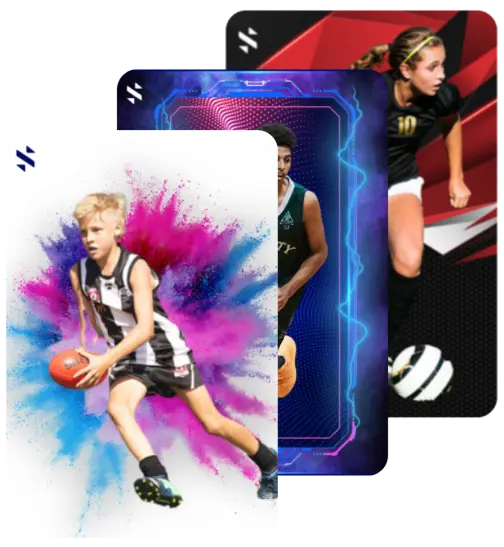What is a Legal Tackle?
Players taking responsibility for their actions is something that is usually discussed heavily when another player is seriously injured but few people do anything other than suggest the referee was incompetent.
A couple of weeks ago in an A League match a player committed an unnecessary foul for which he received a yellow card. The player fouled was attacking the opponents goal so one commentator suggested it was a “good foul” to give away even though there was a suspected broken leg..
Another commentator asked if the player who committed the foul realised or thought what his actions could do and reminded viewers what the laws of the game. The commentator actually asked why the person committing the foul couldn't actually let the opposing player go when he realised he had been beaten.
It's called personal responsibility and an understanding of what negligence is.
To appreciate that we need to look at the history of the game because Football has been an ever changing game during the past two decades and participants should try to understand it to appreciate what’s been happening and why.
For example after the 1990 World Cup FIFA realised that a number of prominent players had been lost to the game because of injury so change was inevitable and it will continue to happen.
Law 12 (the tackling rule) used to say that a player had to ‘intentionally commit’ something for a free kick to be given so the excuse of ‘I was going for the ball Ref’ was probably legitimate. However now the law says “careless, reckless or excessive force” and that changes the meaning of intent to imply a lack of fore thought or negligence in an action
Hard, dangerous and illegal are words that we hear in connection with Law 12 but it mustn’t be lost sight of that in competition for the ball two players will probably have bodily contact. However it must be realised that for excessive force to be implemented there does NOT have to be contact between the two players.
During the transition period initially there was an obsession with tackling from behind but the laws changed again to make any tackle placing the safety of players at risk a send off offence.
The confusing part for those on the sideline is that sometimes tackles which seem more intense than others don’t get a yellow card. If it was possible to summarise this into a short statement the referee has to determine whether the tackle was fair and a normal part of the game.
An obscure piece of the laws of the game also say clearly that making contact with an opponent before making contact with the ball is a Direct Free Kick. However in reality this can not happen because otherwise there would be constant free kicks so referees have to find the balance.
In the most recent coaching materials FIFA has provided a seventh factor. FIFA recommends referees consider:: -
- Judging the intent of the tackler;
- Noting the speed of the approach by the tackler on the player about to be tackled;
- Looking for any signs of aggression shown by the tackler;
- Recognizing any signs of violence associated with the tackle;
- Position of the tackler: is the tackle from the back, or the side, or from in front?
- What opportunity the tackler has to play the ball fairly.
- Taking into account the atmosphere of the game, or the feel of the game
The new factor - being aware of the match’s atmosphere - reminds referees to be alert to the type of match they are controlling, that is: whether it is a bad tempered, fouling affair; or a sporting skilled contest. If it is a nasty contest referees will be very alert and suspicious when a player runs hard at an opponent. This is a good example of being proactive in referees control.
FIFA has also clarified that factor 5 [position of the tackler] is about fairness and player safety; that is, whether the player about to be tackled is aware of the opponent’s location. Referees are reminded that a tackle from any direction which is judged to be careless, reckless or using excessive force must be punished.
Refereeing was never meant to be easy and there are lots of factors in making a decision – sometimes they get it wrong but most of the time they get it right.
Barry Such









